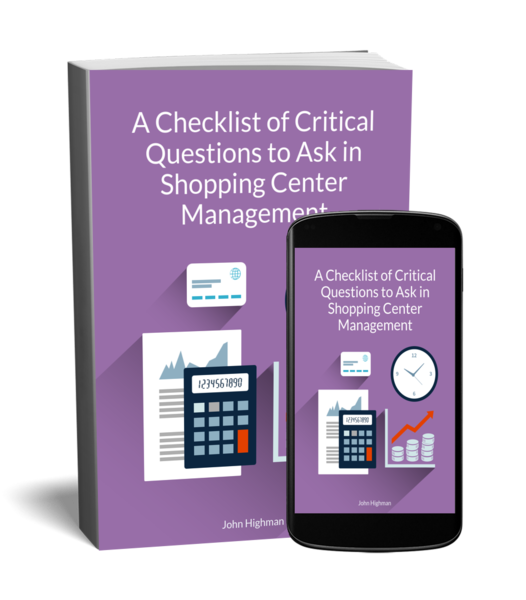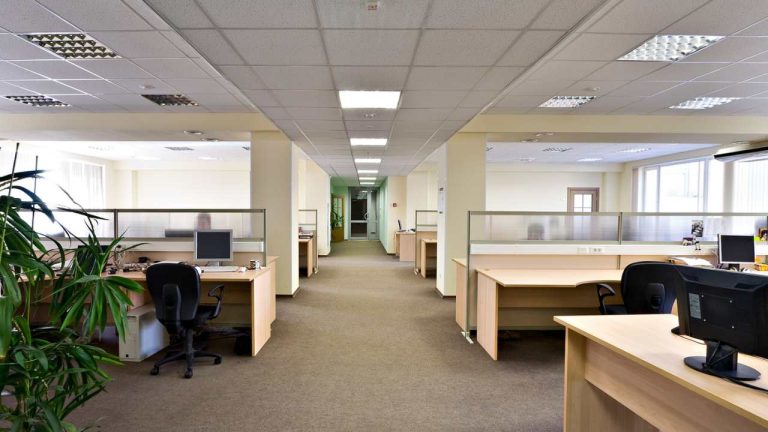A Checklist of Critical Questions to Ask in Shopping Center Management
The retail shopping centre management process is quite specific and more intense when compared to that of office or industrial property management.
The management of a retail shopping center is a detailed and systemized process of property performance balanced against the property’s attributes. There are unique categories of property performance to address, including tenant interaction and landlord support.
Special Properties and People
Given this real level of retail property speciality and uniqueness, the property management fees for managing any shopping centre are larger for the tasks involved.
Specialised personnel are also required as part of the service provided to clients. A quality retail property requires an experienced retail centre manager.
Retail File Download here….
Serious Retail Property Performance
If you work in retail property management or leasing, then you are at the ‘serious end’ of property performance. One small error in any tenant mix, cash flow, property maintenance, or lease negotiation can have a ripple effect on the property.
Some property managers move into this industry segment without fully understanding or respecting the levels of performance and accountability required in servicing retail property investors, retailers, and financiers.
Retail Property Reporting
There are many report requirements in a busy shopping centre such as:
- Vacancies (current and upcoming)
- Leasing activities, negotiations, and documentation
- Tenant meetings and feedback
- Maintenance activities, budgets and planning
- Critical dates report
- Income report and budget performance
- Expenditure report and budget
- Property Marketing funds report
- Risk management
- Lease documents status report, etc
These reports would form part of the weekly, monthly, quarterly, and annual reporting structure between the centre manager and the landlord client.
Control and information are elements of a successful property management report and strategic property management process.

Critical Occupancy Questions
To illustrate the importance of this retail property type and the differences in managing a shopping centre, the questions below show a checklist approach that can be adopted in taking on any new retail property management:
- What are the vacancy factors that exist on the property today? – Know where the vacancy threats are and watch them closely. Resolve vacancies before they take a big slice of property cash flow.
- What are the market rents? – It is good to know how property rent compares to market situations and prevailing lease negotiations. There will be differences in rents negotiated with sitting tenants and new tenants to a property.
- What are the customer numbers for daily foot traffic? – Look at the trends in customer numbers and sales. The property will serve a particular slice of the local shopper demographic. Understand what that is and how it can be improved.
- Where are the weaknesses in the tenant mix? – Weaknesses will happen in any tenant mix, perhaps due to issues like a clash of retailers, poor management, low-quality tenants, or problems with property renovation.
- How is the property being marketed now? – Understand why customers are visiting a retail property now and look for a marketing program that supports that.
- Where are the competing properties? – If shoppers are not getting what they expect from a shopping centre, they will quickly move to another nearby. Understand the retail shopping competition and the differences between properties.
- What are the expiration dates for tenants and leases in the next 2 years? – Control your tenant mix by working on lease expiration dates early. Remove the poor tenants from the mix and look for better tenants as part of the process.
- What levels of performance and checks exist with the anchor tenants? – You must know what your anchor tenants are doing in sales and marketing. Can the anchor tenants improve in any way? Can they attract more customers to a property?
- How do the anchor tenants interact with the rest of the tenant mix? – A good anchor tenant will strongly integrate into the overall tenant mix. The net improvement for all tenants will be improved sales and growth of customer profiles.
- What are the renovation plans for the property? – What capital works commitment is expected for the property over the current budget period? Renovation works will involve capital expenditure. There will be a budget to support that process. A retail property must look good and service tenants and customers well. Renovations are part of that, and an ongoing plan of capital works is wise.
- How are the levels of income and expenditure tracking to budget currently? – Every retail property should or would have a budget around which income and expenditure will evolve. Decisions can then be made on leases and property spending, including upkeep. Income growth can also be built into a market rental strategy across the tenant mix. So, in this case, all leases should be reviewed to ensure they are up to date on critical date matters and rental increases or recoveries.
You can see from this list how retail property is quite special in many ways. Respect the differences and improve on them for the clients that you serve.








